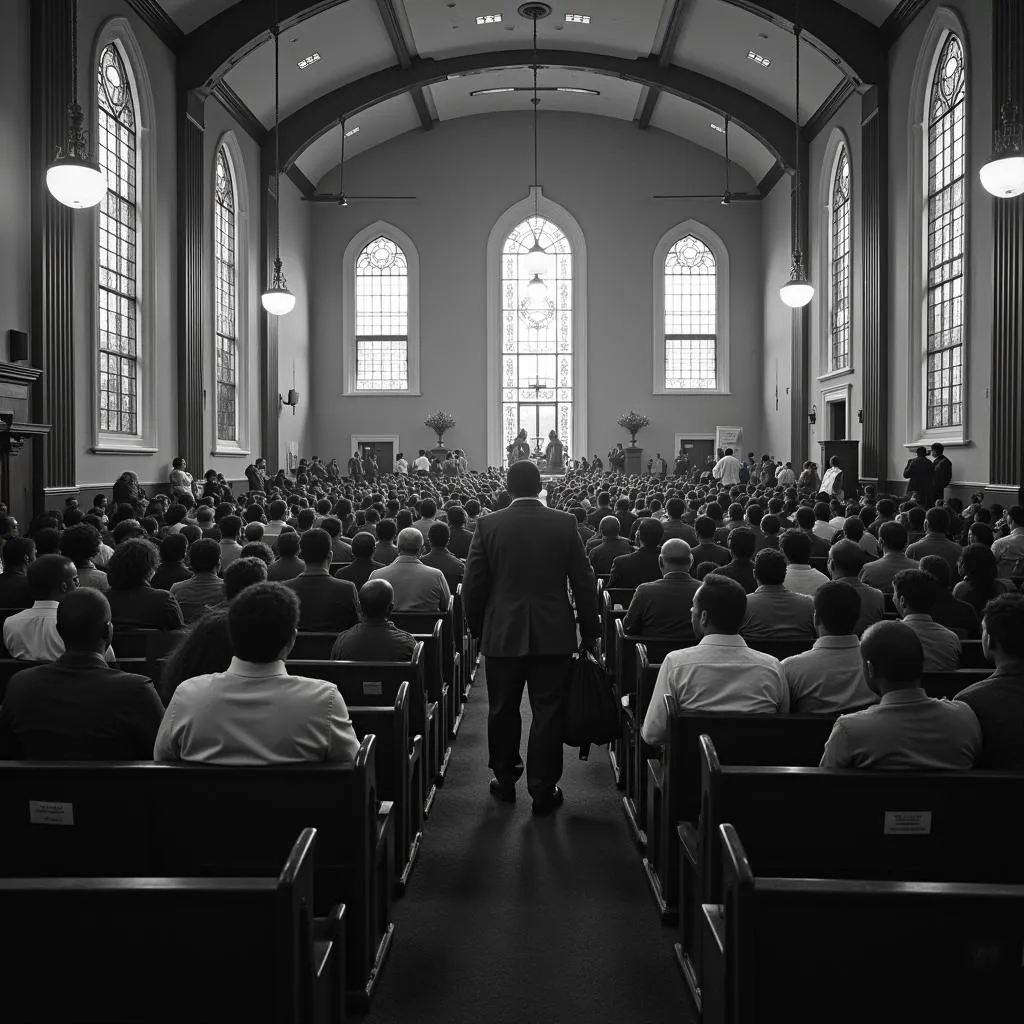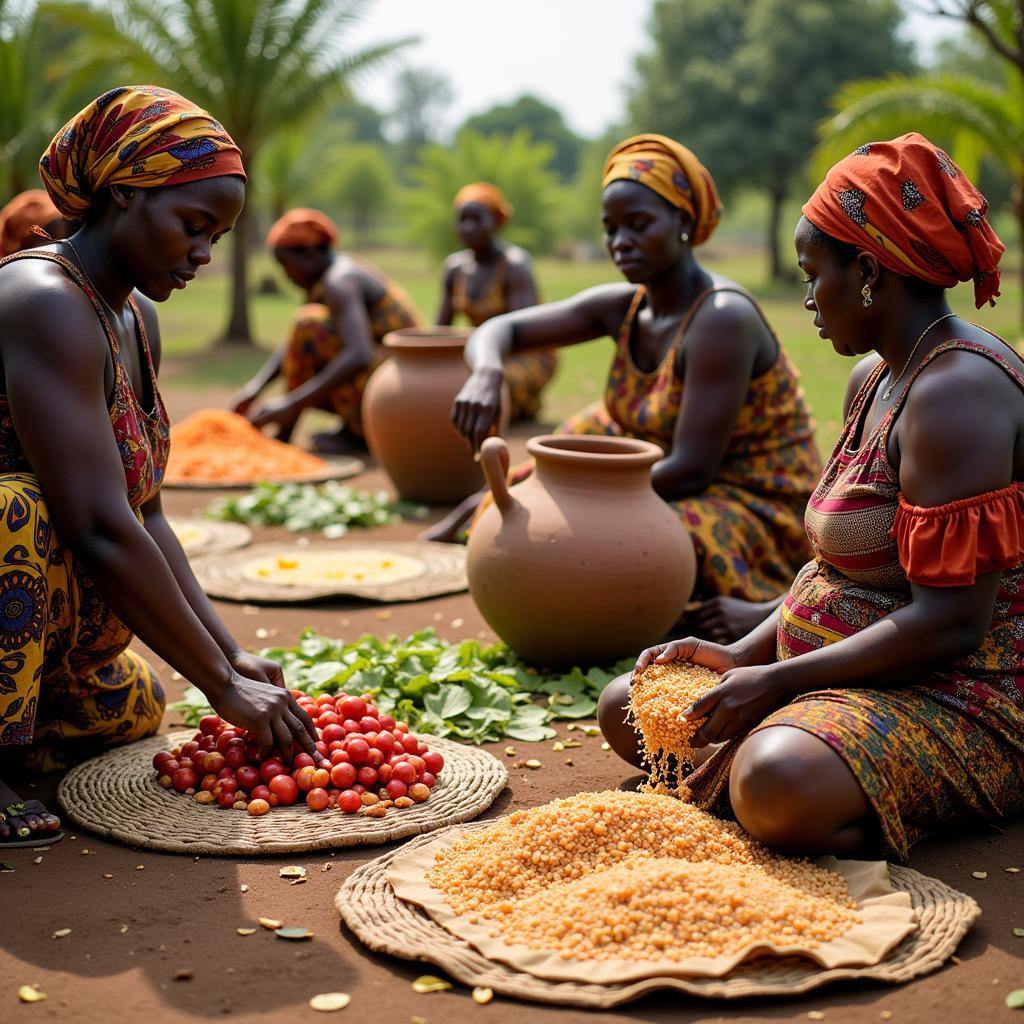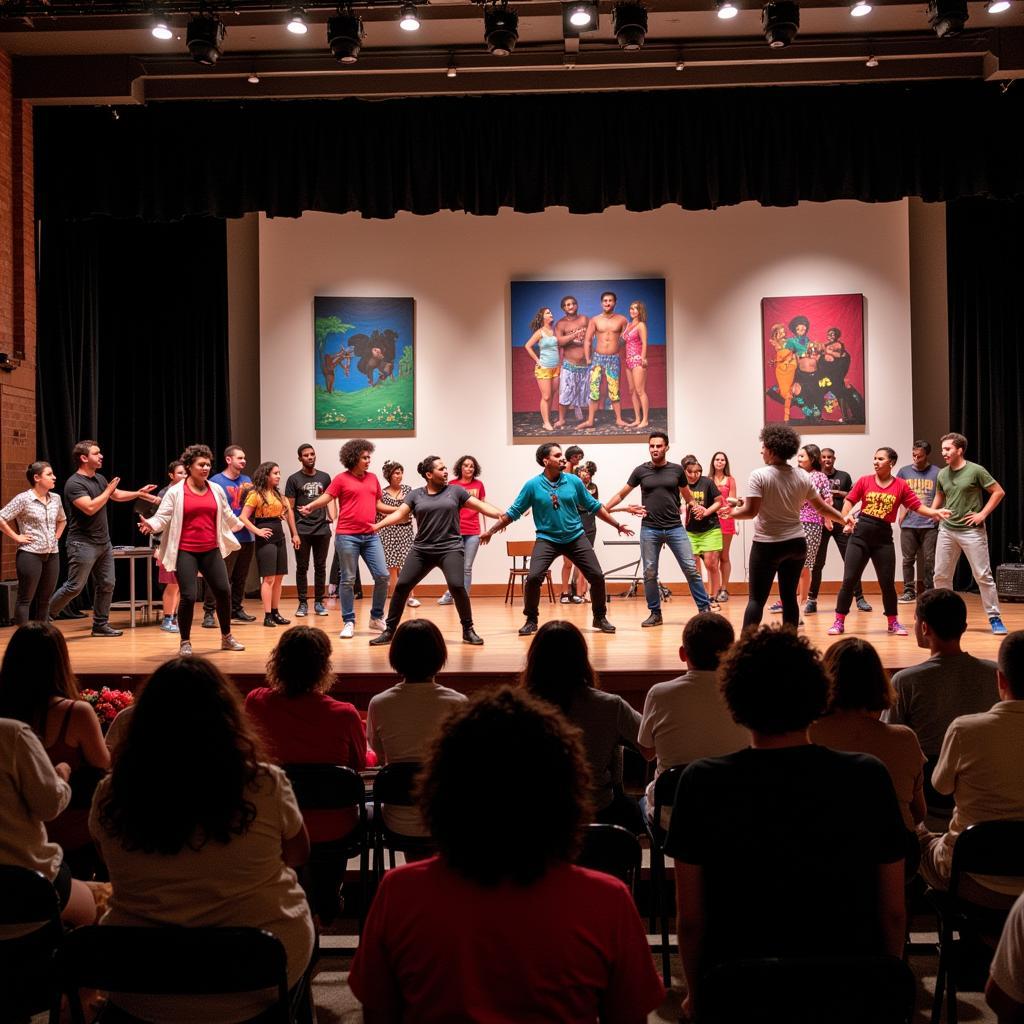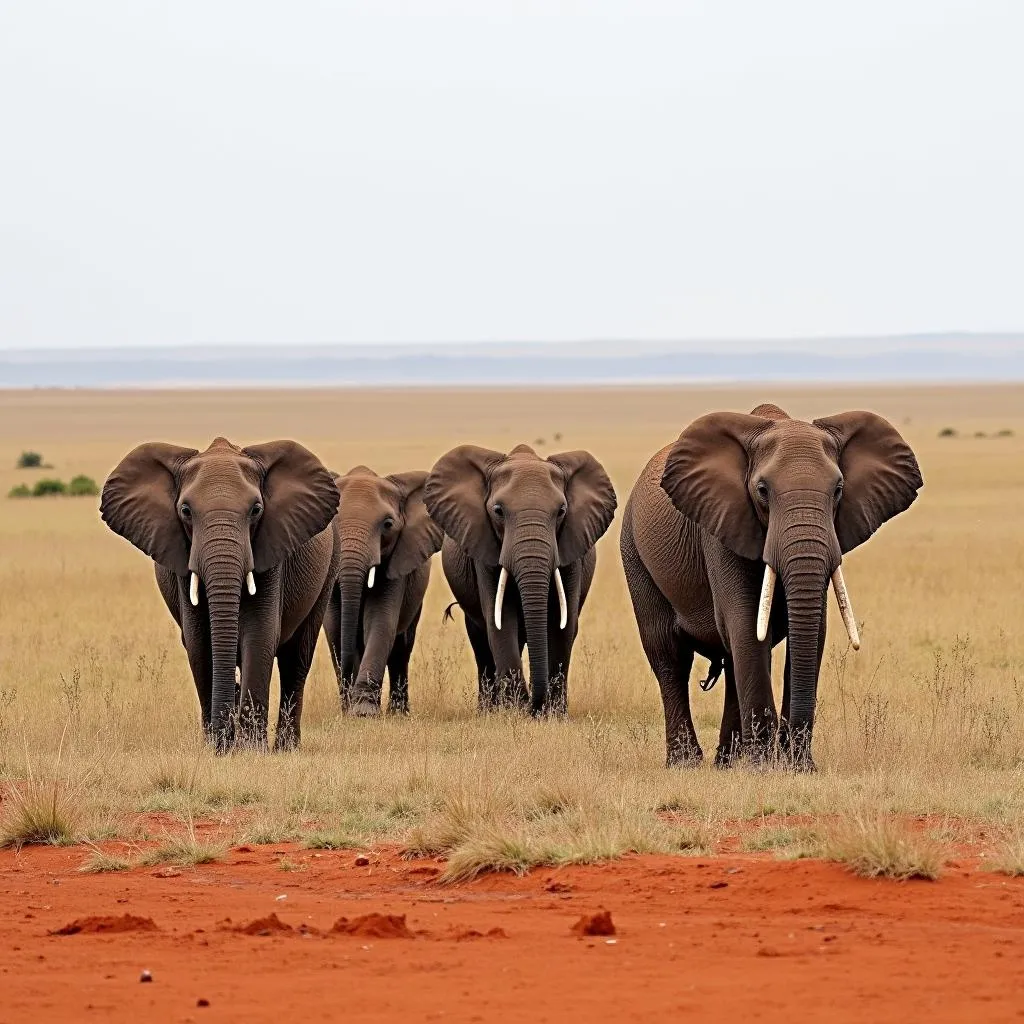The Rich Tapestry of African Arab Identity and Culture
The term “African Arab” encompasses a diverse group of people who identify as both African and Arab, reflecting a complex interplay of history, culture, and language across the African continent. This intersection of identities has created vibrant communities with unique traditions and a rich heritage.
A History Intertwined: Arab Influence in Africa
The Arab presence in Africa dates back centuries, beginning with the 7th century AD Islamic conquests that spread across North Africa and the Swahili Coast. This expansion wasn’t solely about religion; it was a cultural exchange that saw the Arabic language, Islamic customs, and Arab architectural styles interwoven with existing African traditions.
This fusion is evident in the diverse cultures of North Africa, where the Berber people integrated Islamic practices with their own beliefs and customs, leading to unique architectural marvels like the Hassan II Mosque in Casablanca, Morocco. Along the East African coast, Arab traders established thriving port cities, such as Zanzibar and Mombasa, which became melting pots of Arab, African, and Asian cultures.
Language as a Bridge and a Tapestry
One of the most significant legacies of Arab influence in Africa is the spread of the Arabic language. Today, Arabic is an official language in many African countries, and various dialects, like Egyptian Arabic and Sudanese Arabic, have emerged. Interestingly, the interaction between Arabic and African languages led to the development of Swahili, a Bantu language with significant Arabic influence, spoken by millions across East Africa. This linguistic fusion showcases the intricate relationship between African Arab communities and their African heritage.
Cultural Expressions: A Fusion of Influences
African Arab culture is a vibrant tapestry woven from various threads. Music, for instance, reflects this blend beautifully. Traditional genres like Gnawa music in Morocco, characterized by its spiritual chants and rhythmic drumming, showcase the fusion of Berber and Arab influences. Similarly, the Taarab music of Zanzibar combines Arabic melodies with Swahili lyrics and East African rhythms, illustrating the dynamism of cultural exchange.
Cuisine also reflects this rich blend. From the fragrant tagines of Morocco, where slow-cooked stews are infused with Arabic spices, to the flavorful Mandazi, a Swahili coconut doughnut influenced by Arab culinary traditions, food becomes a delicious testament to the cultural fusion that defines African Arab identity.
Navigating Identity in a Complex World
The experience of being African Arab is multifaceted. While many embrace the richness of their dual heritage, challenges remain. Issues of representation, cultural preservation, and navigating between Arab and African identities in a globalized world are ongoing dialogues within these communities.
Looking Forward: The Future of African Arab Identity
As Africa continues to evolve, so too will the experience of being African Arab. With increasing globalization and interconnectedness, it’s crucial to recognize and celebrate the unique contributions of this diverse community. Promoting intercultural dialogue, understanding, and appreciation of the complexities within African Arab identities will be vital for fostering inclusivity and celebrating the richness of this cultural heritage.
FAQ
1. What does it mean to be African Arab?
Being African Arab signifies identifying with both Arab and African cultures. It encompasses individuals and communities with Arab ancestry residing in Africa, embracing the richness of both heritages.
2. Where are African Arab communities predominantly found?
African Arab communities are primarily found in North and East Africa. North African countries like Morocco, Algeria, and Tunisia have significant Arab populations. In East Africa, countries like Sudan, Eritrea, and Somalia also have a strong Arab presence.
3. What is the significance of the Arabic language in African Arab culture?
Arabic plays a vital role in connecting African Arab communities. It serves as a unifying language for many, facilitating communication, cultural exchange, and religious practices.
4. How has Islam influenced African Arab culture?
Islam has profoundly impacted African Arab culture, shaping religious practices, social norms, and artistic expressions. From architecture to music and literature, Islamic influences are interwoven with traditional African elements, creating a distinct cultural blend.
5. What are some challenges faced by African Arab communities?
African Arab communities face challenges related to identity, representation, and preserving their cultural heritage amidst evolving social dynamics. Navigating between Arab and African identities in a globalized world presents unique complexities.
Need More Information?
For further insights into the captivating world of African Arab culture, explore these resources:
- African athletes in Arab countries
- African Arabic names
- African catfish in Arabic: ha brah al salwa au assalwa
Have questions or need assistance? Contact us at +255768904061, email us at kaka.mag@gmail.com, or visit our office located at Mbarali DC Mawindi, Kangaga, Tanzania. Our dedicated customer service team is available 24/7 to assist you.




